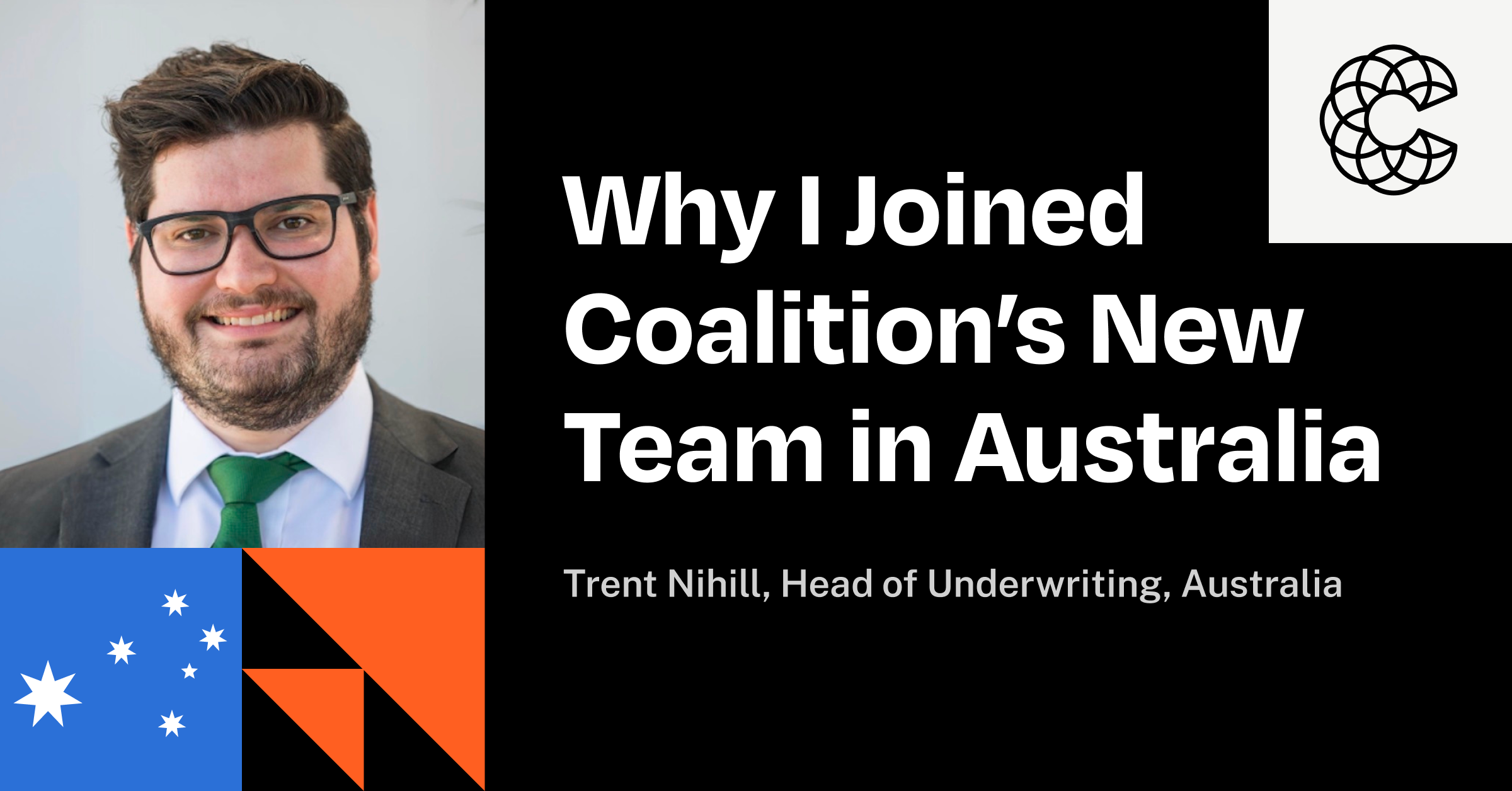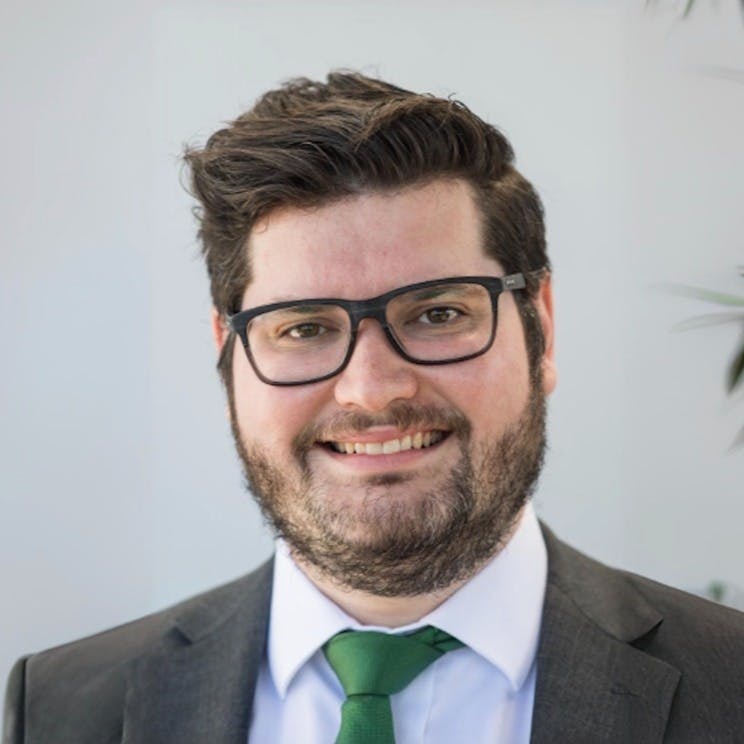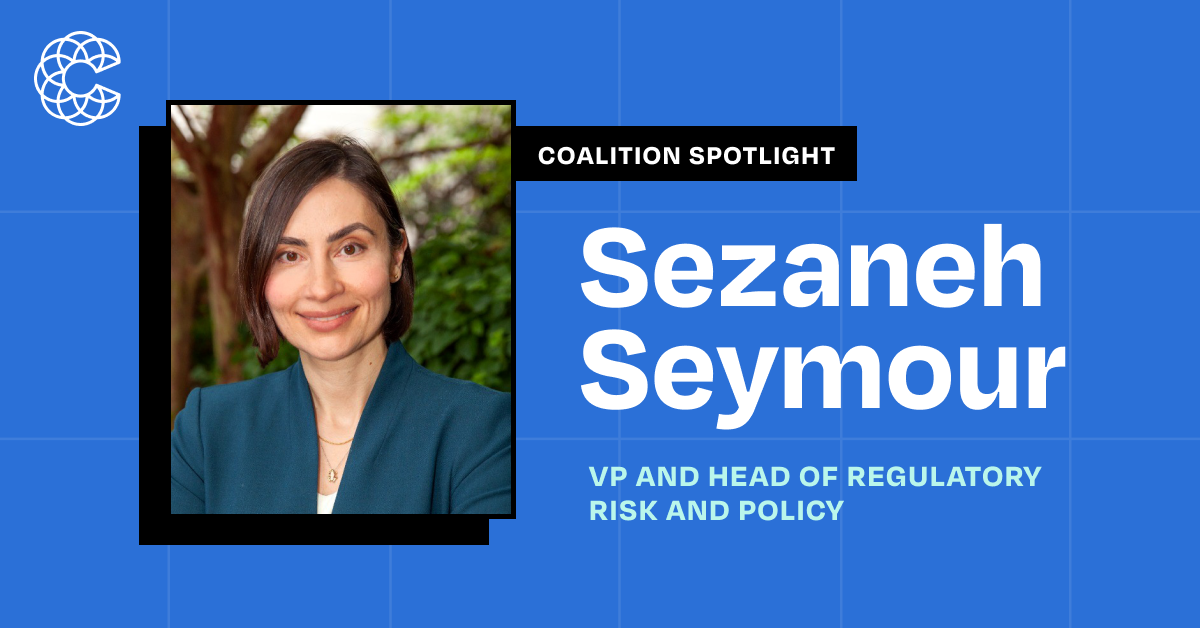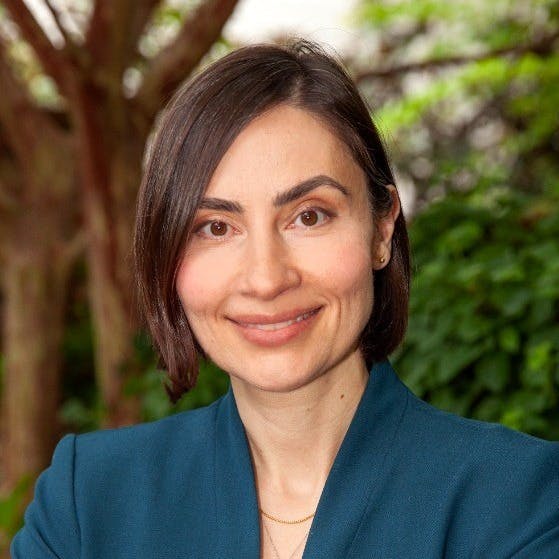Celebrating Asian American Pacific Islander Heritage Month: My Samoan experience

We are all different, shaped by a collage of experiences, some of which are lived while others are passed down to us through family and community. Coalition believes that we work hard for one another, and none of us is bigger than the team. To that end, we are excited to shine the spotlight on our colleagues to listen and learn. In celebration of Asian American Pacific Islander (AAPI) Heritage Month, we welcome Jacque Jaeger, from Coalition's business development team, to share her experience as a Pacific Islander.
“Aren’t your people known for being aggressive?”
This was a real question I received recently in a professional setting, and while this wasn’t the first microaggression I’ve experienced, I was definitely taken aback.
In areas where Pacific Islanders are few and far between, perhaps the only perception that people have of us will come from the little representation we’ve had in mainstream media. Dwayne “The Rock” Johnson has done a great job of representing us, and people may recognize a Polynesian last name on the jersey of their favorite football team, but is that all people know about us — our affinity for being the muscle in a movie or the aggression they hope to see on the field? I hope not…because we are so much more than that.
The Pacific Islands include Hawaii, Tonga, Samoa, Fiji, Tahiti, New Zealand, and many, many more. We are a small population of humble people, hailing from tiny, beautiful islands in the middle of the Pacific Ocean. We have significant cultural differences, but in many ways, we are the same. Our ancestors are the original wayfinders. They navigated the seas using the stars, migration patterns of birds, and observations of the wind. The haka and the siva tau are the chants of our warriors. The hula, Tahitian, and taualuga dances tell our respective stories. Our cultural pride is often adorned on our bodies, the Samoan tatau and the Māori Tā moko being the most widely recognized art forms today. We love to sing and dance; we are creative and intelligent. Above all else, we love our families.
I am a Pacific Islander. More specifically, I am a Samoan. Our traditions and way of life are described as the fa'asamoa, with respect being its foundation. It encompasses everything from the way you treat your elders, the way you eat and drink in company, to the way you show up to family events like weddings and funerals. One of the most important pillars of our culture is the chief system, or matai, that still exists today. My father is a high chief. He received the chief title, Papali’i, which is an honor that allows him to lead and make decisions for our family, while also requiring him to maintain close ties to the Samoan village that granted him the title.
Overall, we believe that the more hands to carry the load, the easier life will be. Our culture focuses on “we”, rather than “me”. It is ingrained in all that I do. I’ve come to see it in the teams I’ve played on, the friendships I’ve built, and in the way I work with my colleagues. It’s a mentality that has served me well in my career at Coalition as I’ve aimed to find the best way to contribute to the mission of solving cyber risk, while finding ways to help my colleagues as much as they’ve helped me.
Representation is crucial for those naive to our history, but especially for our youth. With so few to look up to, many of us learned to code-switch at a young age. We adopted American mannerisms as soon as we stepped beyond the threshold of our homes, only to be humbled by a prejudiced comment, or an ignorant question. As a Pacific Islander, when you see stars like Keala Settle in theater, Taika Waititi and Jason Momoa in movies, J Boog on the radio, and everyday Pacific Islanders achieving careers in STEM, education, and politics, the skies open up. The wayfinding of our ancestors still continues today; we’re just navigating new seas.
We are so much more than the physicality we bring to your favorite football teams. We are a happy and loving people who are dedicated to our families. We understand what matters most in this life because our culture asks us to look beyond ourselves, while our stories and traditions live on. Our celebrations are full of singing, dancing, and food because a win for one is a win for us all — a win for the people that helped make us. I am the sum of the many before me who made sacrifices to further each succeeding generation. There are complexities in trying to blend our Polynesian heritage with the American world, but when you understand where you’ve come from, it makes the future a little easier to navigate.
We believe in humility and that true humility involves asking questions. Therefore, each day we ask ourselves the simple question: “Can we do this better?” However, there are times when the right question to ask is simply silence, as our co-workers take the energy and effort to educate us. Thank you, Jacque, for sharing what Polynesian culture means to you.









